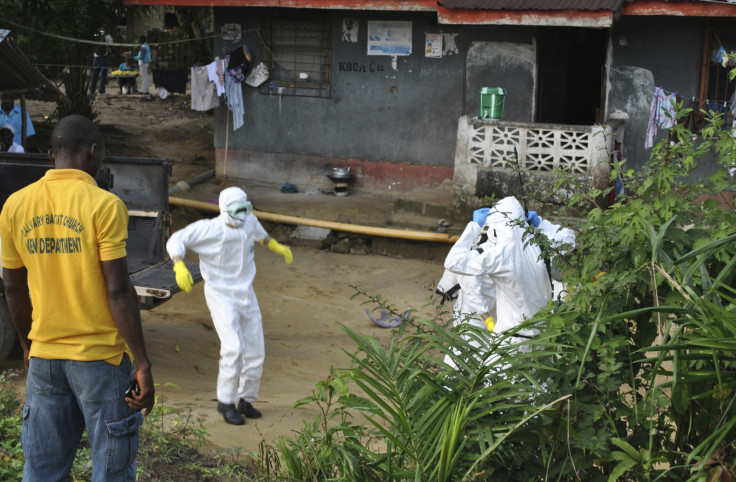Ebola Could Kill One in Seven Pregnant Women in Affected Countries

One in seven women could die while pregnant or in childbirth in Ebola-hit countries, with fear of contact with bodily fluids preventing them receiving the relevant care.
Charities forming the Disasters Emergency Committee (DEC) have warned that hospitals in Sierra Leone, Liberia and Guinea, which already had some of the highest maternal mortality rates in the world, are overwhelmed, with pregnant women being left to give birth without proper medical care.
Furthermore, fear of contracting the disease has meant they are less likely to get the correct medical checks while pregnant.
Away from medical facilities, fear of contracting the disease through contact with bodily fluid has led to women giving birth on the streets of Monrovia, Liberia's capital, without any assistance.
The Head of Action Aid in Liberia Korto Williams told Reuters: "We have to do more to ... stop this coming true. We have to ensure that pregnant women get the care they urgently need or we will see the rate of maternal deaths skyrocket."
Williams said that videos of lone women in childbirth on the streets of the Liberia's capital Monrovia highlight, without any assistance, highlights the extent of the plight face.
DEC – a coalition of 13 charities – estimates that there could be 800,000 due to give birth across the three affected nations over the next year, with one-sixth of those expected to encounter some sort of complications.
The Chief Executive of Save the Children Justin Forsyth warned: "Ebola is having a huge impact on wider health issues like maternal healthcare. No children have gone to school since March and pregnant mums are avoiding health clinics and hospitals."
The current Ebola epidemic is the largest in history. While there were a small number of cases in Nigeria and Senegal, as well as the US and Spain, it has mainly been contained to West African nations Sierra Leone, Liberia and Guinea.
According to data from the Centres for Disease for Control and Prevention, collated in conjunction with the World Health Organisation, there have been 13,247 total cases in 2014, with 4,960 total deaths.
© Copyright IBTimes 2025. All rights reserved.






















